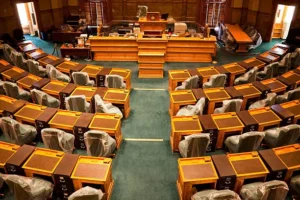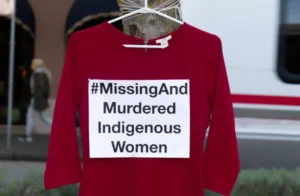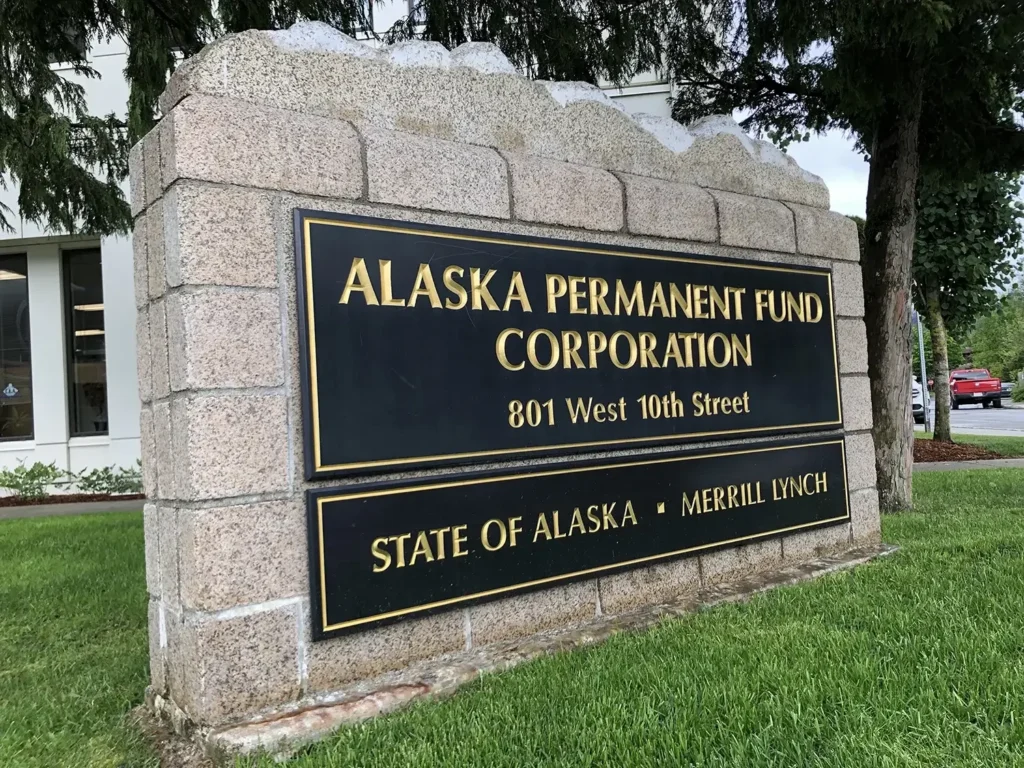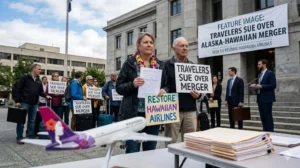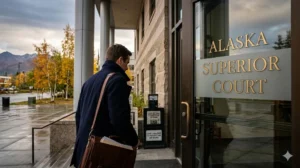Alaska’s $80 billion trust fund overseers have decided to enlist a third-party law firm to probe the leak of internal emails. These emails had suggested potential self-dealing by board member Gabrielle Rubenstein. The unanimous 6-0 vote on Thursday sanctioned the law firm’s hiring, which will also assess six years’ worth of interactions between Alaska Permanent Fund Corp. staff and board trustees. This comprehensive assessment aims to gauge the extent of issues within the corporation, ensuring a thorough examination of the fund’s governance and transparency.
The leaked internal emails, first brought to light by the Alaska Landmine in April, have raised serious questions. This Alaska Permanent Fund application and emails suggest that Rubenstein may have arranged meetings between staff and her business associates, a potential conflict of interest. Chief Investment Officer Marcus Frampton said, “A reasonable person might question whether she has conflicts that compromise her independence in her roles here.” The Anchorage Daily News, in an editorial following the email publication, called for the fund to sever ties with Rubenstein, the daughter of billionaire David Rubenstein.
Rubenstein asserted her adherence to the fund’s ethics regulations in her prepared statements. Jeff Landfield, proprietor of the Alaska Landmine and the individual behind the article revealing the emails, believes the Permanent Fund’s response needs to be more on-target. “They should prioritize examining the substance of the allegations over tracking down the leak,” Landfield remarked on Friday following the vote. “There’s been minimal discussion about her conflicts of interest and the remarks made by several staff members. It seems they’re reacting rather than contemplating,” he added.
The Alaska Permanent Fund, which holds oversight authority, has yet to take substantial action in response to the leak. Representative Cliff Groh, D-Anchorage, has called for a Legislative Budget and Audit Committee hearing to address this matter. Trustee Adam Crum, who also serves as the Alaska Department of Revenue commissioner, stressed the importance of the Permanent Fund board rebuilding trust within a high-trust environment. He noted, “Currently, we’re not quite meeting that standard.”
Trustee Craig Richards stated that hiring external counsel for an investigation aligns with fiduciary responsibilities. “In terms of public perception, if we’re not seen as taking proactive steps regarding both the leak and the concerns raised in the leaked materials, it could worsen our situation,” he remarked. Crum emphasized the importance of trustees comprehending the source of the email leak, mainly since staff oversee significant financial transactions. “We deal with highly confidential information on deal flow that must remain secure,” he explained.
“There were notable concerns regarding threats, lack of communication, and minimal interaction between staff and trustees at that time. It’s evident that this is an ongoing issue,” Brune stated.
Following the meeting, Brune expressed his belief that these issues existed before Rubenstein or himself joined the board. He emphasized the importance of a comprehensive review to address present and historical challenges, enabling the board’s governance committee to tackle them effectively.
Following Landfield’s article, the board of trustees has initiated a review of its governance policies, particularly those that restrict trustees and safeguard staff. “This is an issue we haven’t overlooked. We’ve actively discussed it, attempted to tackle it, and are currently exploring the most effective approach,” stated Crum.


